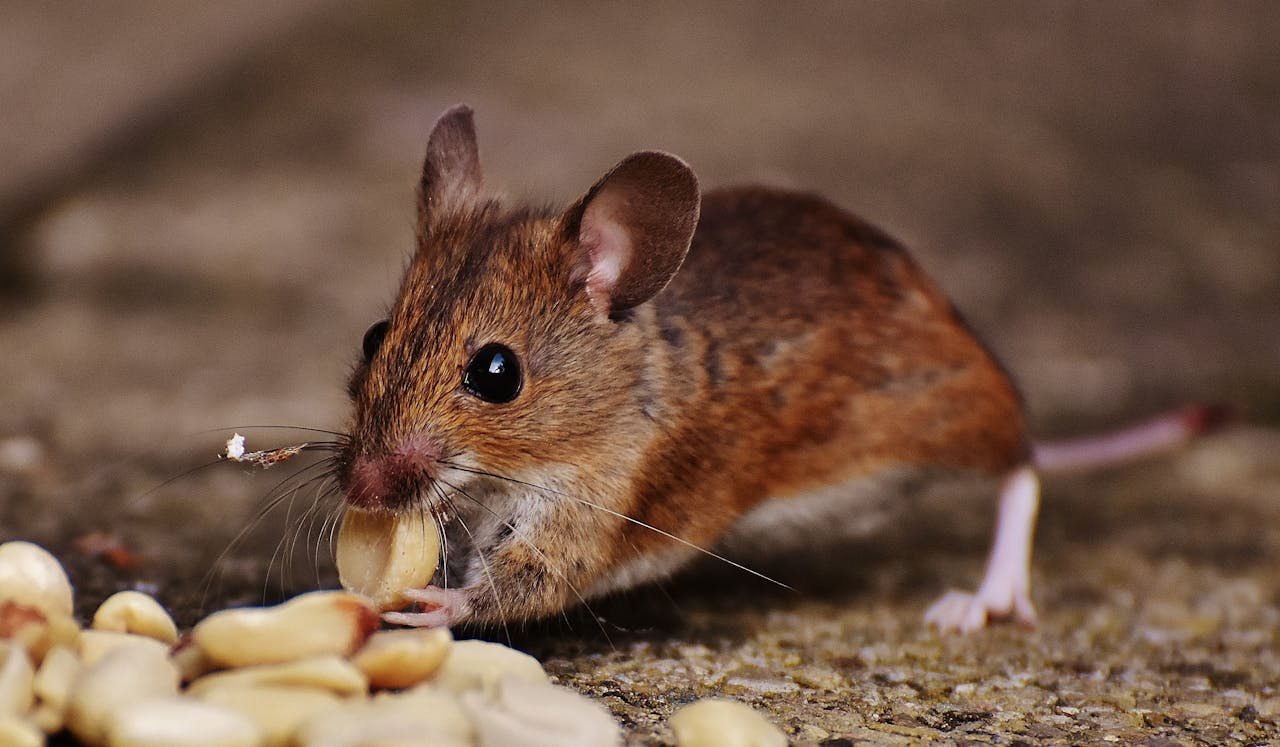
Mice are unwelcome guests in any home. They may seem harmless at first glance, but these tiny rodents can cause serious issues — from chewing electrical wires and damaging furniture to contaminating food and spreading disease. If you've seen one mouse, there’s a good chance others are hiding nearby. If you're dealing with a mouse problem, it's crucial to act quickly and smartly. Here's what you need to do.
Before jumping into solutions, you need to be sure you're dealing with mice. Here are common signs of a mouse infestation:
Mice can squeeze through holes as small as a dime. Do a thorough inspection of your home’s exterior and interior to find possible entry points.
Use steel wool, metal mesh, or caulk — not foam or rubber, as mice can chew through those materials.
Mice are drawn to food and shelter. Make your home less attractive to them by keeping it clean:
The less hiding space and food access they have, the harder it is for them to survive.
Traps are one of the most effective ways to reduce a mouse population. Here are the most common types:
Place traps along walls, behind appliances, and near suspected nesting areas. Mice prefer to move along edges rather than in open areas.
If you prefer a more natural approach, certain scents are known to repel mice:
While natural methods may not solve severe infestations, they can complement other control techniques.
If the infestation is large or persistent, it's time to call in the experts. Pest control professionals can:
Investing in professional help is often the fastest and most effective way to get rid of mice long-term.
Once the current problem is handled, prevention is key:
A proactive approach will help ensure mice don’t come back to haunt your home.
Finding mice in your house can be unsettling, but you're not helpless. By acting quickly, sealing entry points, keeping your home clean, and using traps or calling professionals when needed, you can take control of the situation. Remember — the longer you wait, the harder they are to remove. So if you suspect you’ve got mice, don’t delay. Take action today for a rodent-free, peaceful home.
Q1: What attracts mice into a house?
A: Mice enter homes searching for food, warmth, and shelter. Crumbs, pet food, clutter, and open trash bins are common attractants.
Q2: How do I know if I have a mouse infestation?
A: Look for droppings, gnaw marks, scratching sounds, and nests made from shredded materials. One sighting often means more are nearby.
Q3: Are natural repellents like peppermint oil effective?
A: Peppermint oil can deter mice temporarily but isn’t a permanent solution. Use it with traps or sealing methods for better results.
Q4: What is the most effective way to get rid of mice?
A: The best method is a combination of sealing entry points, setting traps, and maintaining cleanliness. Severe cases may require professional extermination.
Q5: Can mice come back after being removed?
A: Yes, if entry points remain or food sources are available. Prevention is key—seal gaps, clean regularly, and inspect often.
Disclaimer: This article is for informational purposes only. Always consult a licensed pest control professional for serious infestations or health concerns related to rodents.
To know more about our platform, visit our About Us page.
Comments